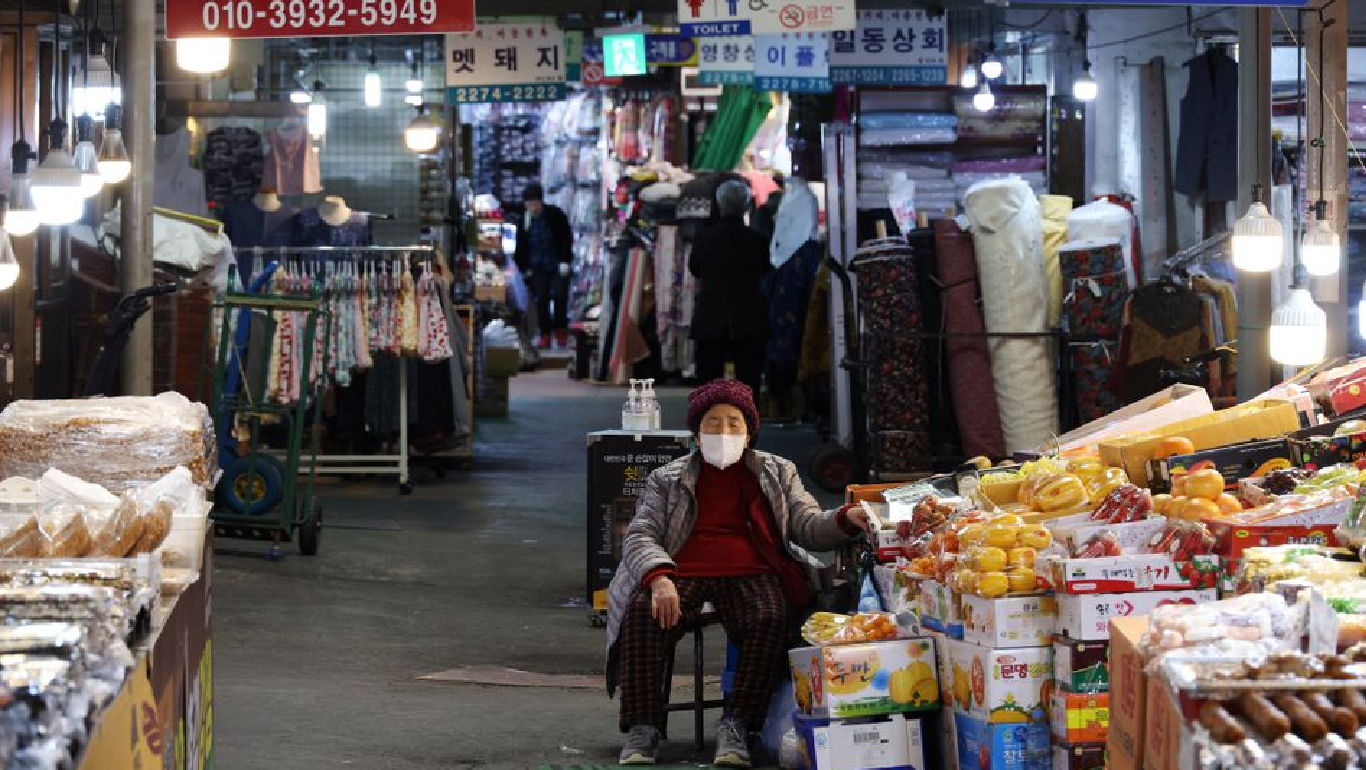




Policy Rate Updates: BSP outlook — cloudy with a chance of rate cut
 DOWNLOAD
DOWNLOAD

January Economic Update: Growth slows, prices rise
 DOWNLOAD
DOWNLOAD

Inflation Update: Up, up, and away?
 DOWNLOAD
DOWNLOAD


South Korea March inflation hits decade high on supply challenges

SEOUL, April 5 (Reuters) – South Korea’s consumer prices rose at their fastest pace in more than a decade in March, fueled by rising energy and commodity costs due to the Ukraine crisis and adding pressure on the central bank ahead of its rate decision meeting next week.
The consumer price index (CPI) for March rose 4.1% from a year earlier, Statistics Korea data showed on Tuesday, the fastest increase since December 2011 and outpacing a 3.8% rise tipped in a Reuters poll.
Core inflation, which excludes volatile food and energy costs, also jumped 2.9% from a year earlier, staying at the rate seen in February, in a sign that surging fuel and raw materials prices have fed through to costs for goods and services.
The breakdown of data showed the cost of petroleum surged 31.2%, while that of housing rentals and outdoor dining increased 2.0% and 6.6%, respectively, on year. The cost of electricity, gas and water added 2.9%.
That puts the Bank of Korea’s (BOK) monetary policy board under pressure to raise the base rate further. It has hiked rates a total 75 basis points since the pandemic.
On Monday, BOK senior deputy governor Lee Seung-heon said this month’s policy review will be challenging, due to the twin risks of higher inflation and downward pressure on growth.
BOK board members meet on April 14. The bank’s current base rate stands at 1.25%, after policymakers stood pat at the last meeting in February following back-to-back hikes.
Last week, the BOK governor nominee Rhee Chang-yong told reporters that he sees inflation during the first half of 2022 outpacing the bank’s 3.1% forecast.
Separately on Tuesday, the government said it will expand tax cuts on oil products by 30%, from the current 20%, for three months to minimise the impact of soaring energy prices due to the Russia-Ukraine conflict.
(Reporting by Joori Roh; Editing by Chris Reese and Sam Holmes)
This article originally appeared on reuters.com





 By Reuters
By Reuters